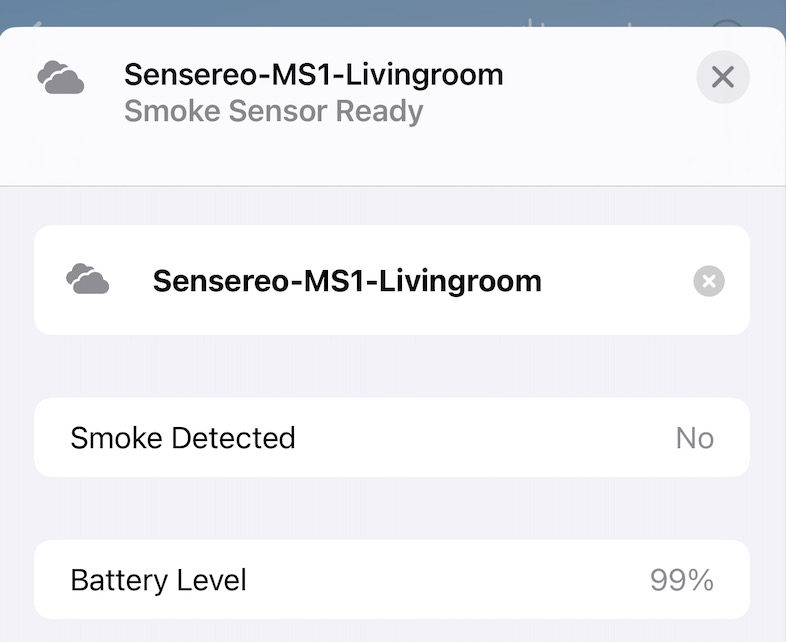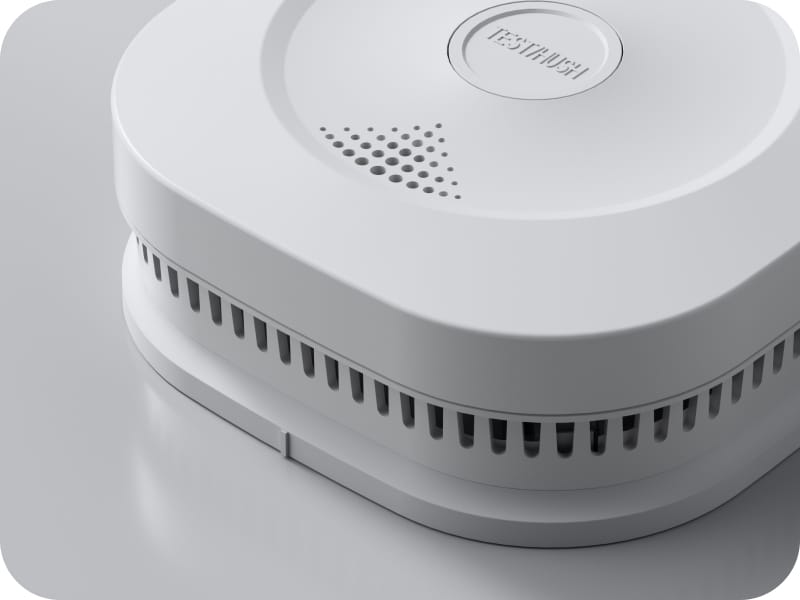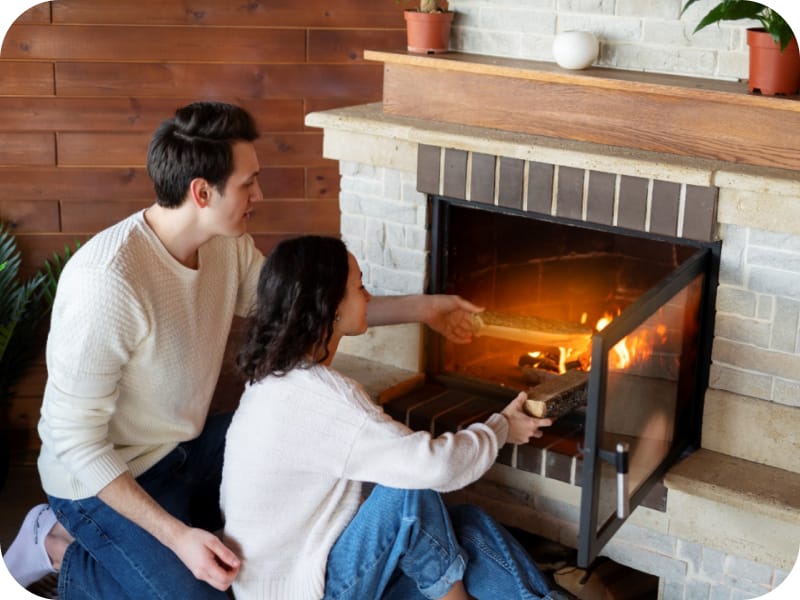– Follow Manufacturer Guidelines: Always adhere to the manufacturer’s instructions for the specific placement and mounting of CO alarms.
– Height Considerations: CO mixes evenly with air, so alarms can be placed at various heights—on the wall, ceiling, or at outlet level as long as they are correctly positioned according to the manufacturer’s recommendations.
– Avoid Corners and Dead Air Spaces: Do not place CO alarms in corners or areas where air does not circulate, such as near vents or windows, to ensure accurate detection.
– Test Regularly: Test CO alarms monthly and replace batteries at least once a year to ensure they remain functional.

Maintenance and Regular Checks
Proper maintenance of your CO alarms is vital to ensure their effectiveness. Here are some key maintenance tips:
– Regular Testing: Test your CO alarms monthly by pressing the test button to ensure the alarm sounds.
– Battery Replacement: Replace batteries annually or as recommended by the manufacturer. Some modern CO alarms come with sealed batteries that last up to 10 years.
– Keep Clean: Dust and debris can interfere with the sensor’s operation. Regularly clean your CO alarms following the manufacturer’s instructions.
– Replace Old Alarms: CO alarms have a lifespan of about 5-7 years. Check the expiration date on your alarms and replace them as needed to ensure continued protection.
Additional Safety Measures
While CO alarms are essential, they are just one part of a comprehensive home safety strategy. Consider these additional measures to enhance your protection against carbon monoxide:
– Regular Appliance Maintenance: Have your fuel-burning appliances inspected and serviced annually by a qualified technician to ensure they are operating safely and efficiently.
– Proper Ventilation: Ensure that all fuel-burning appliances are properly vented to the outside and that vents are not blocked or damaged.
– Safe Practices: Never use generators, grills, camp stoves, or other gasoline or charcoal-burning devices inside your home, basement, or garage, or near a window.
– Education: Educate your family about the signs of CO poisoning and what to do if an alarm sounds. Establish an emergency plan and make sure everyone knows how to evacuate quickly.




